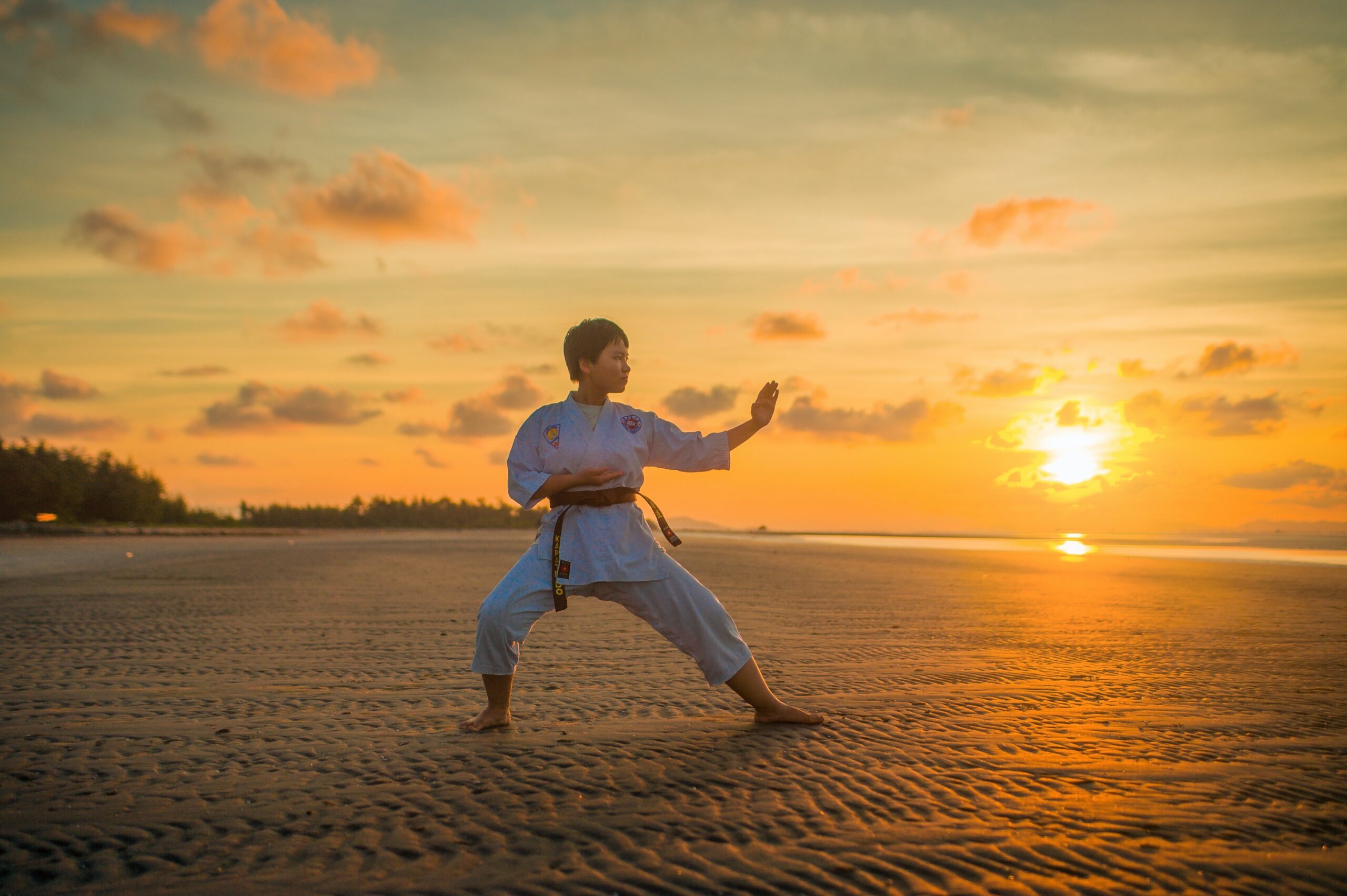Exploring the Profound Connection Between Martial Arts and Hand Drumming
Fluidity of Movement
At the heart of both martial arts and hand drumming lies the importance of movement—specifically, the fluid and graceful execution of physical motions. Practices such as Tai Chi, Qigong, Kung Fu, dance, and yoga teach us how to move our bodies with intention and finesse. This expertise in bodily awareness significantly enhances drumming techniques. For instance, developing a strong sense of rhythm requires not only technical skill but also the ability to embody that rhythm physically. Engaging in these practices cultivates muscular coordination, body awareness, and spatial understanding, which are invaluable for any drummer.
Aerobic training, often integral to martial arts, can improve overall stamina and physical endurance, allowing drummers to play longer and with more intensity. Regular cardiovascular exercise enables drummers to maintain energy levels during extended performances or practice sessions. Furthermore, yoga and stretching exercises promote physical well-being by assisting in muscle recovery, enhancing flexibility, and fostering relaxation—key components that help musicians perform at their best.
Strength and Control
Weight training, a common routine in martial arts, can also benefit those who perform hand drumming. Strengthening your core and arm muscles is particularly advantageous when playing percussive instruments like the djembe, especially in standing positions. The power generated through controlled, deliberate movements in martial arts translates well to the force needed in drumming.
However, strength in martial arts is only part of the equation; equal emphasis is placed on control and precision. Practicing martial arts teaches students to harness their energy effectively, exerting force in a controlled manner without wasting it. This principle is crucial in drumming as well—applying the right amount of pressure while maintaining fluid movements enables drummers to create dynamic sounds without unnecessary strain.
Mental Focus and Mindfulness
Another critical aspect of martial arts is the discipline and concentration it instills in practitioners. Similar to mindfulness practices, martial arts engages the mind, preventing it from wandering and fostering an acute sense of awareness. This mental clarity is incredibly valuable for drummers, who must remain engaged with both the rhythm they are creating and the nuances of their technique.
The respect for tradition imbued in martial arts also resonates deeply with the world of drumming. Both practices stem from rich cultural heritages that emphasize honor, discipline, and community. Much like how martial arts transmit knowledge through the lineage of masters and students via rigorous training, drumming often involves learning from seasoned musicians and cultural mentors who impart ancestral rhythms and techniques. This humility in learning ensures that both fields are approached with the respect they deserve.
Discipline, Determination, and Adaptability
In martial arts, mastering fundamental forms—kicks, punches, locks, and other techniques—requires determination and perseverance. The same applies to drumming; practicing rudiments and foundational rhythms enables drummers to progress and develop their unique style. The physical demands of drumming can be both exhilarating and exhausting, requiring the same level of focus and resilience as martial arts.
Martial arts teachings emphasize relaxation coupled with acute alertness, a balance that is paramount in drumming. Being rigid or overly tense can inhibit your fluidity and ability to connect with the rhythm. The wisdom of Bruce Lee’s philosophy of being like water—adaptable and flowing—strongly resonates in drumming. To truly find your groove, you must learn to appreciate the rhythm as it unfolds naturally, rather than forcing it with muscle.
Shared Community and Cultural Values
Having studied martial arts intermittently since the ’70s, I consider myself a perpetual beginner. This ongoing journey grants me profound empathy for my drumming students—especially those who feel they haven’t yet reached their full potential. Both martial arts and hand drumming cultivate community, embodying shared values and traditions that enhance the practice.
These two art forms create a sense of brotherhood, where practitioners uplift one another while honoring the cultural heritages they come from. The rhythms of drumming and the movements of martial arts are not merely techniques; they are expressions of identity, community, and shared human experience.
In conclusion, the intertwined existence of martial arts and hand drumming underlines a deeper philosophy that transcends individual practices. By integrating the principles of fluidity, strength, focus, and community respect, we not only become better musicians but also foster a richer, more fulfilling connection to ourselves and one another. As you explore these relationships, you enrich your journey, whether in martial arts, drumming, or both.

